“If my life is for myself, I don’t want it,” says Kingsley Ben-Adir as Bob Marley in the 2024 biopic Bob Marley: One Love. “My life is for people.”
This much is clear as the film delves into Marley’s relationships with his wife Rita (Lashana Lynch), his children, his bandmates and managers, and the thousands of people screaming his lyrics as listeners and as political activists.
The film follows a slightly different format than most 21st-century biopics by starting the story at a rising point in Marley’s career, which is interspersed with flashbacks of him growing up in Jamaica and falling in love with his wife, Rita. Rather than starting from the beginning of his life, the film allows us to see Marley at his best and worst, from his rise to international fame to the occurrence of threats on his life.
The flashback format was also unique with the appearance of repeated visions of Marley’s unknown father chasing a young Marley through a burning field, as well as the flashes onstage of the armed assailant from the opening scene. With galloping horses, raging fires, and curtains of smoke, the scenes are visceral and evoke a strong sense of fear, the same fear that likely permeated Marley’s life as he sought safety across the Atlantic during moments of political upheaval.
Visually, Marley’s life is vibrancy and color personified, with vivid reds, blues, and greens in the neighborhoods of Jamaica. The joy and flavor of Marley’s home is rich and inviting, especially when juxtaposed with the grim, grayscale backdrop of commonplace violence and everyday horror of a country on the brink of civil war. This is especially evident in one of the opening scenes that pans between the life and laughter of Marley’s home and the darkness through which Marley’s assailants move, only to strike moments later and blur the lines between life and death.
The culture of the 70’s and of the Rastafari also feels authentically portrayed throughout the film. For starters, there’s someone holding a blunt in just about every scene, and laughter, embracing, and the prayerful murmur of “Rastafari” run rampant in Marley’s everyday life, even as he struggles to maintain his relationships with Rita and his children, with the political upheaval of Jamaica, and with his message.
To me, a biopic about a musician should have excellent sound editing, and Bob Marley: One Love certainly delivered. The concert scenes were visually stunning with cool colors, flashes of light, and the fogginess of mist and smoke that cast an ethereal image of Marley onstage, someone with biblical, otherworldly power in a chaotic world.
The rehearsal scenes had a similar kind of magic, showing Marley and his musicians layering in individual instruments and voices. The creative process was clear and relatable, with all its tweaks and experimentation.
Coming into this film, I had a very peripheral understanding of Bob Marley’s music in that I’d heard it here and there, but had never actively sought it out. As a classically trained musician whose general understanding of music is order and patterns, I viewed reggae as disorganized and overly repetitive.
However, when guitarist Junior Marvin (David Kerr) was being introduced to the reggae sound of Bob Marley and the Wailers, one of the musicians told him that reggae is “like jazz,” and something clicked into place for me. There is beauty in something that ebbs and flows on the singer’s whim, something that sounds different every time it’s played, something that allows spirit and soul to flow through. Reggae is not repetitive because it’s uncreative, but because the message sticks better when it’s sung over and over.
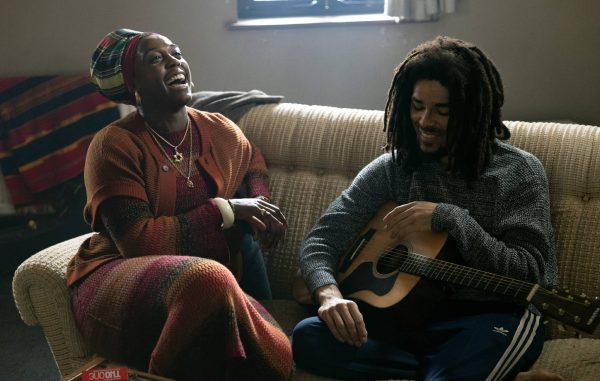
Towards the end of the film, there was a scene involving a fight between Marley, Rita, and Marley’s manager Don Taylor (Anthony Welsh) that left some loose ends open. In this fight, Rita mentions that not all of Marley’s children that she’s raising are hers, and this feels like the first mention of Rita’s struggle even though she’s been juggling the weight of motherhood and performance the entire time.
The fight also shows Marley throwing punches at Don Taylor, which felt abrupt and out of character since Marley has been the very personification of peace and love throughout the film. This film definitely falls into the trap of many biopics, in which the protagonist is meant to be portrayed as a nuanced three-dimensional individual, but rather comes off as a saint-like idol instead. The entire fight sequence feels like thirty-six years of nuance are crammed into ten minutes of film instead of a more gradual, persistent representation of Marley’s darker side.
There were many small moments of meaning throughout the film, but to me, the most poignant scene was between Marley and his assailant near the end. At this point, Marley had been living and traveling in Europe for several years when his home in Jamaica was deemed unsafe due to radicals that resisted his message.
In this scene, Marley shakes the man’s hand and pulls him in for an embrace, murmuring that he holds “no vengeance” against him. To show Marley harboring no ill will towards a man whose actions drove Marley from his home for years perfectly exemplifies Marley’s message of peace, brotherhood, and forgiveness.
In the words of Bob Marley, “In this bright future you can’t forget your past.” The world – and Jamaica – have come a long way from the 1970s, although some aspects still ring true. In a world in which famous musicians can have political sway, what messages do we listen to? Which values do we hold dear, and how do we want to implement those values in our lives? Do we have a duty to others to take risks, be bold, and put the greater good before ourselves?
There is only one love, and we must choose whether or not to work for it.


















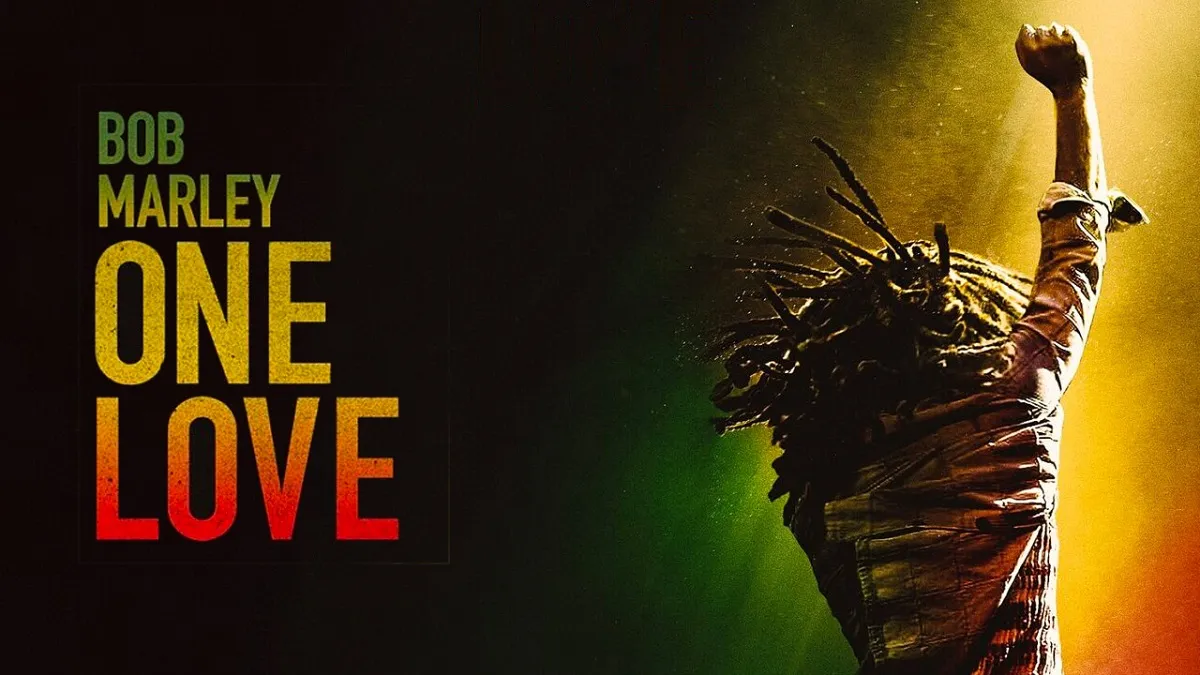
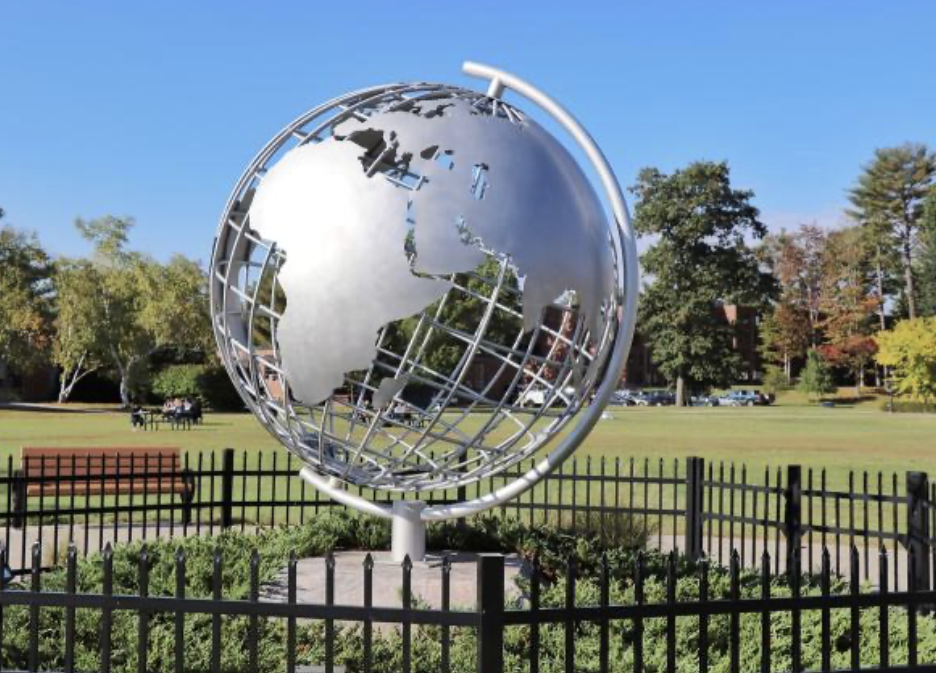




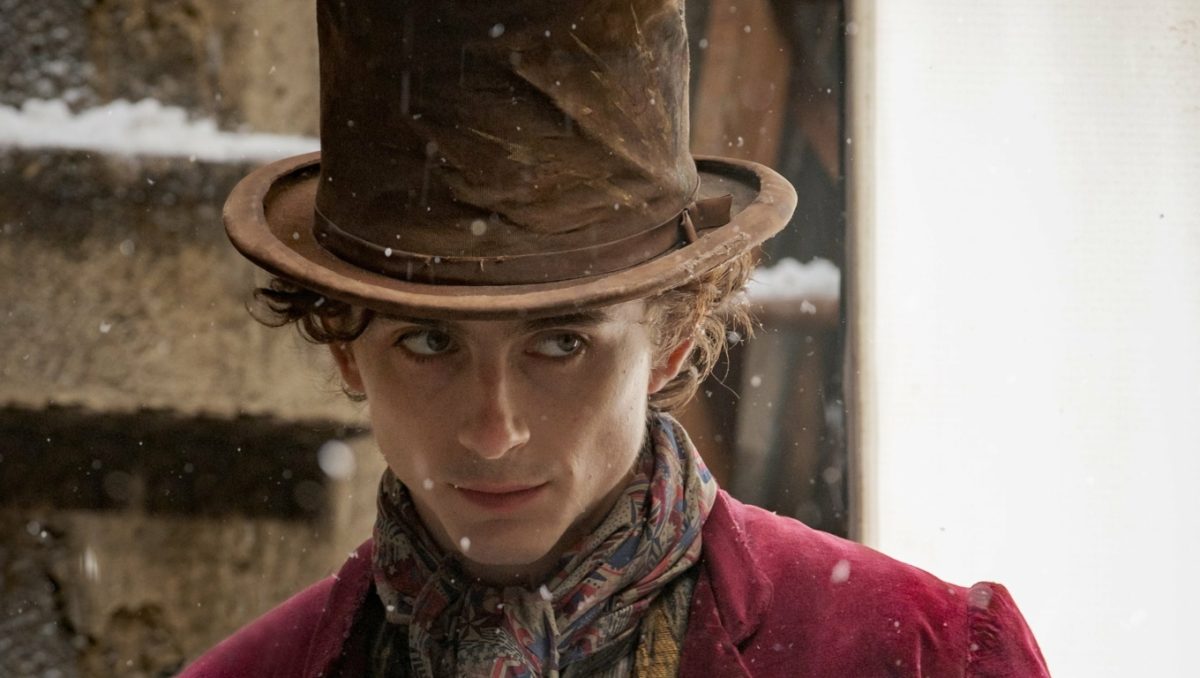
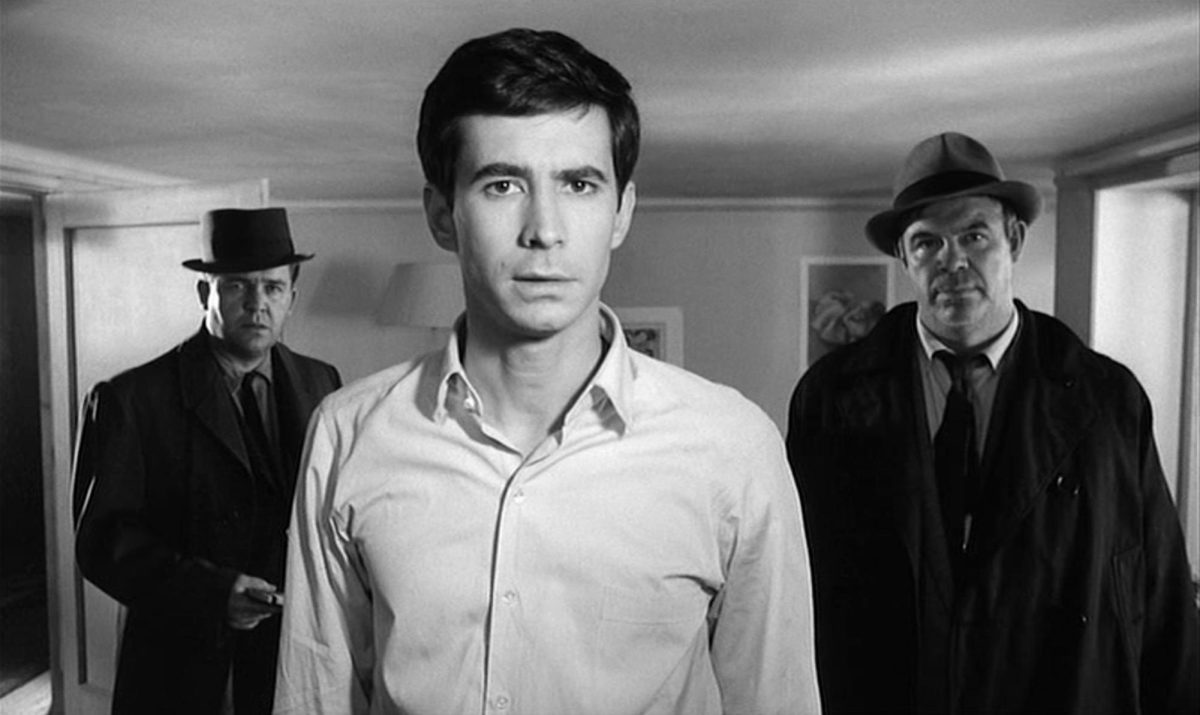
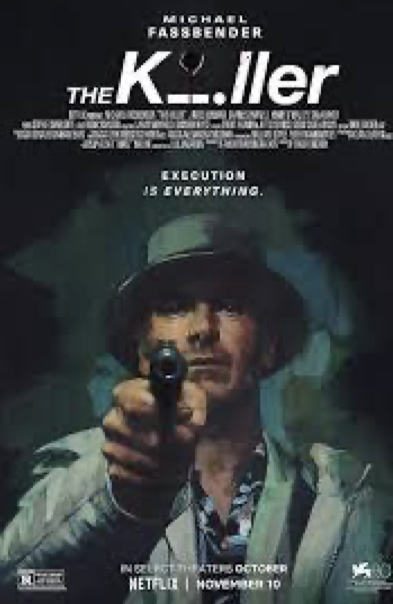
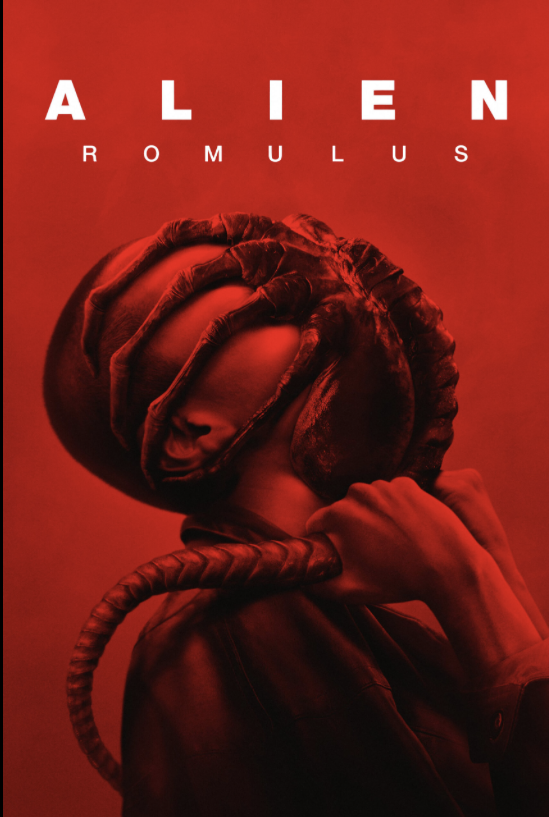
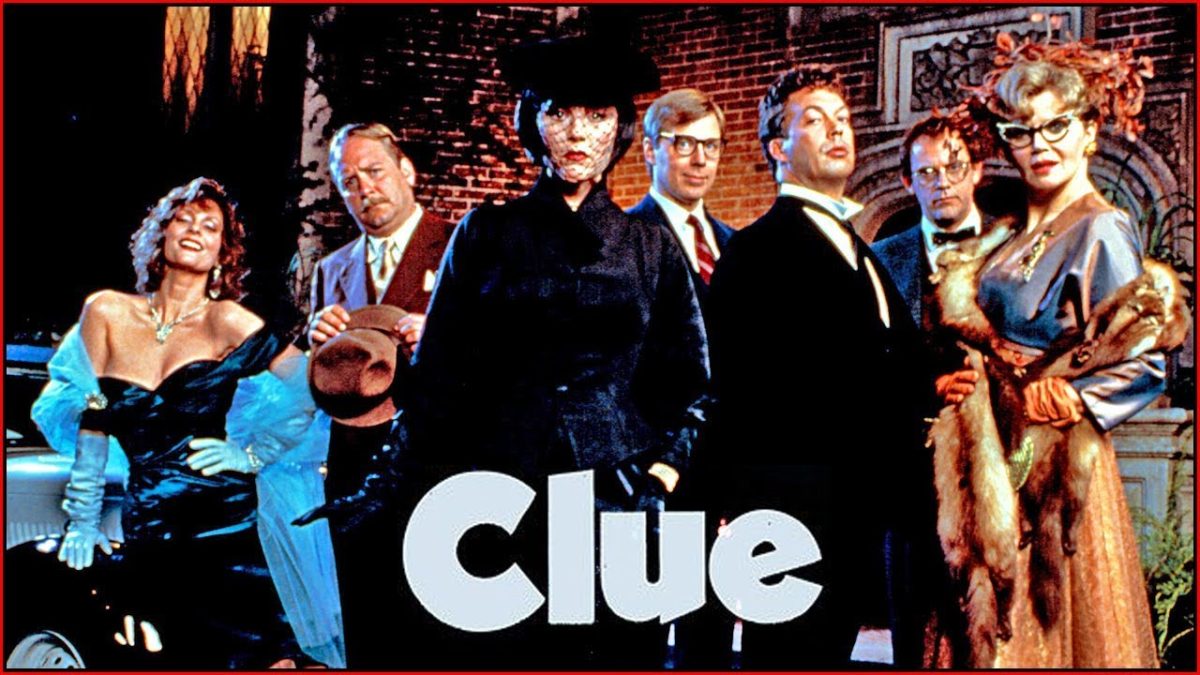
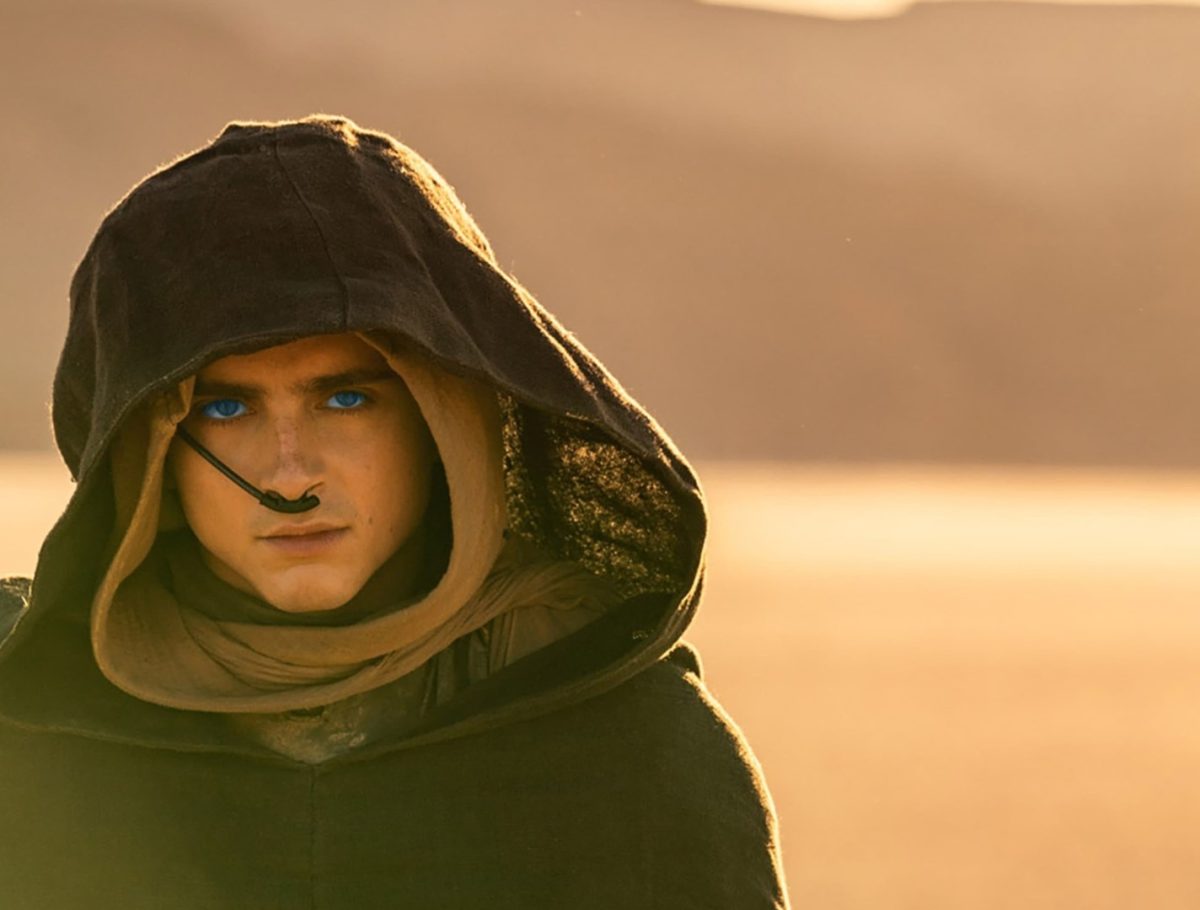
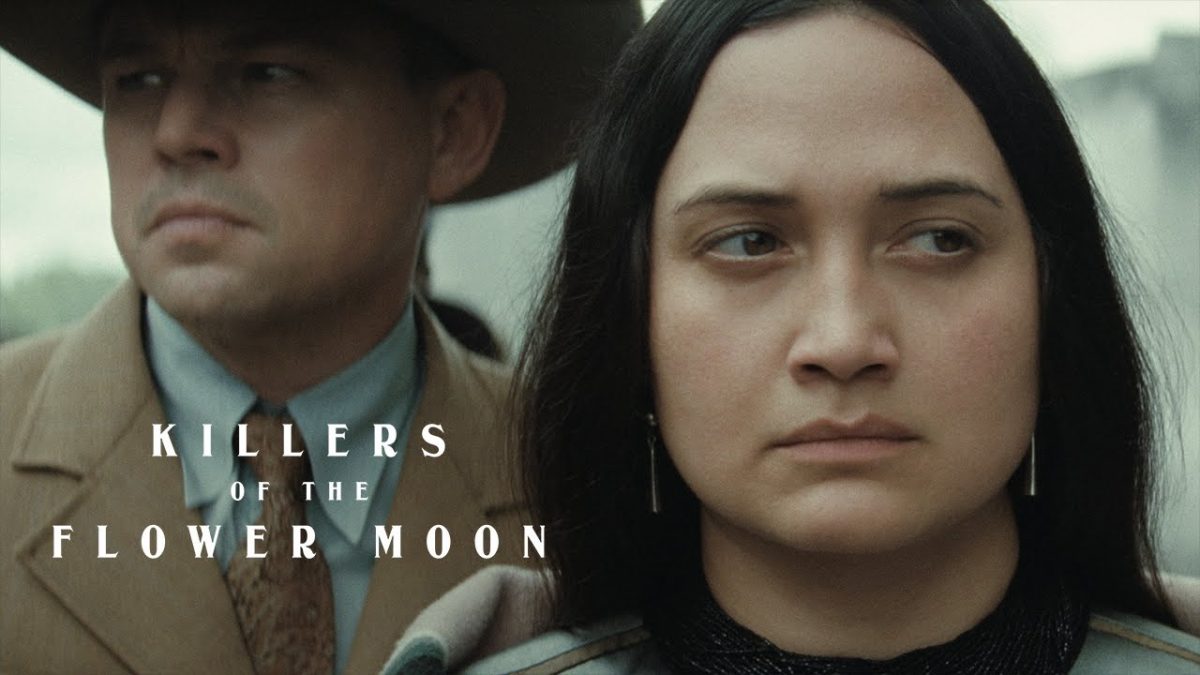
Sherry Michelle Johnson • Mar 2, 2024 at 7:00 am
You said it all so true, I loved the way his life story was told in this film. I did have a little trouble with the accent in some scenes but it all came together. I didn’t want the movie to end. I want to learn more about him his life and his children. Very humble and talented man. Excellent movie! Arie man! Thanks Sherry Johnson